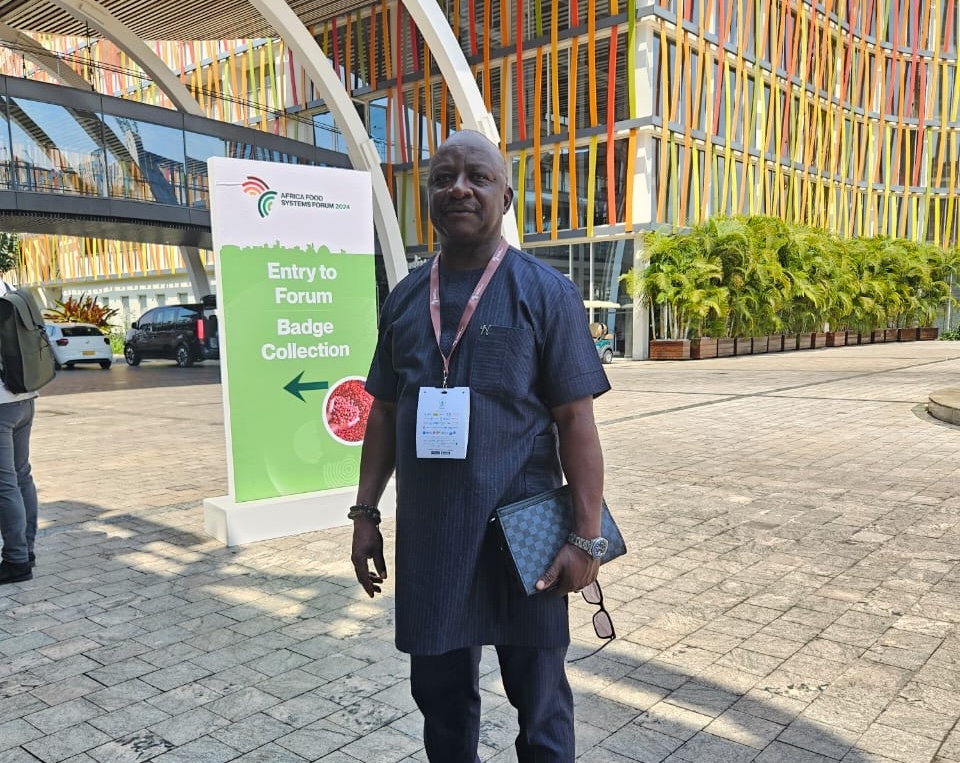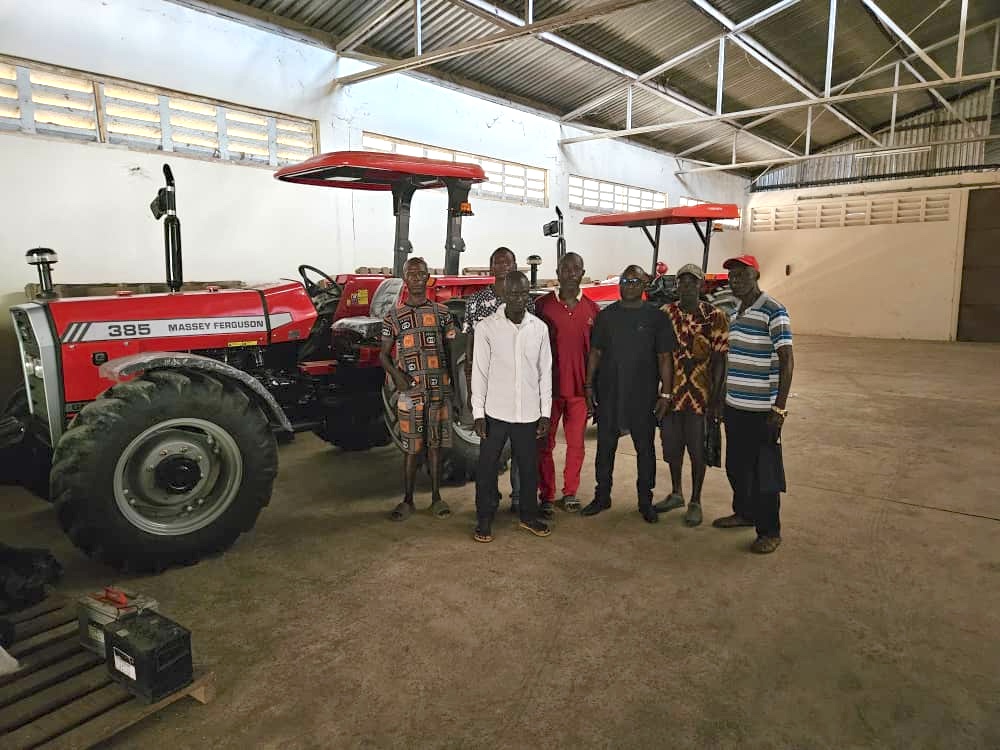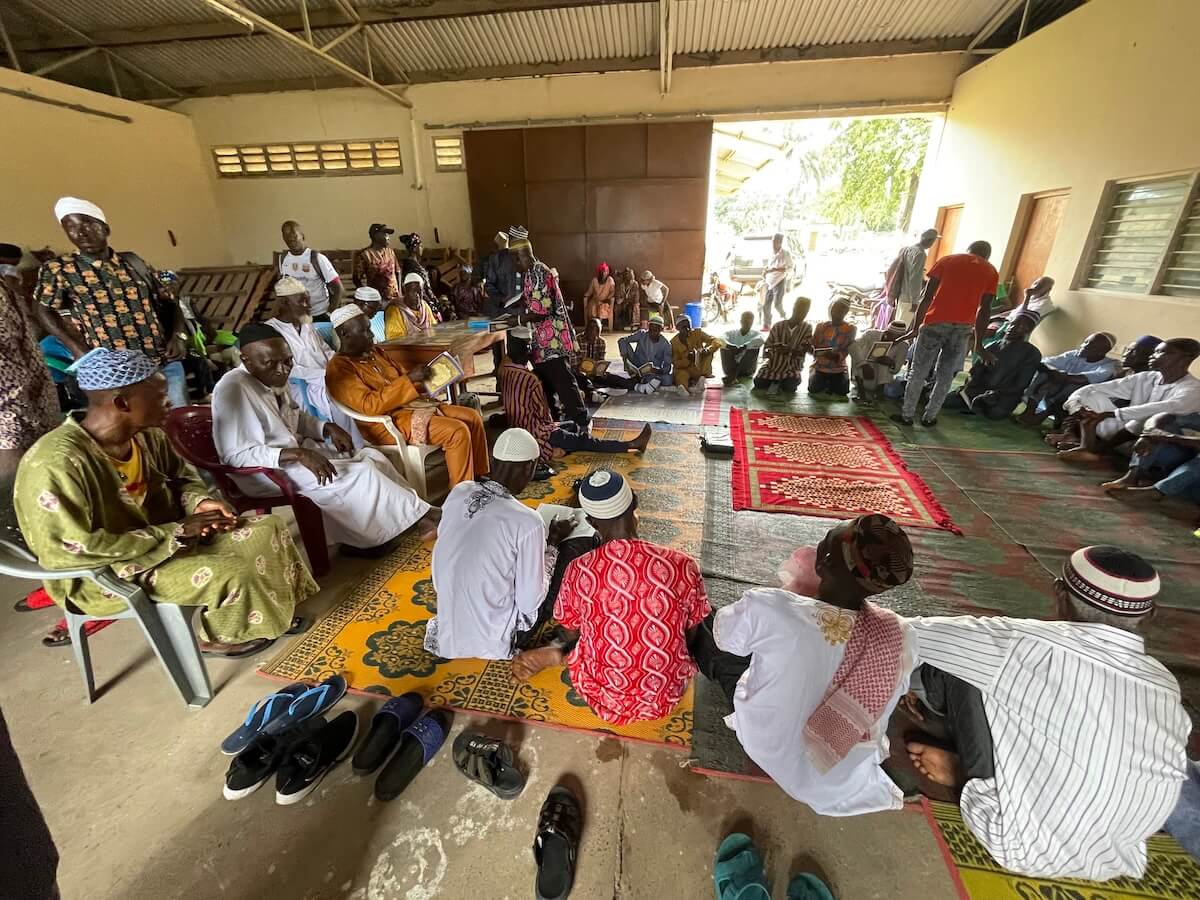Kigali, Rwanda – September 2024
Abanga Group’s CEO, Dr. Thomas Abanga, was invited to the prestigious Africa Food Systems Forum 2024, held from 3rd to 6th September in Kigali, Rwanda. As an expert in modern mechanization, Dr. Abanga addressed key stakeholders with a forward-thinking speech titled “Innovative and Inclusive Mechanization: Building Collaborative Ecosystems for Africa’s Agricultural Transformation.”
In his speech, Dr. Abanga highlighted the significant challenges facing Africa’s food systems, noting the poly-crises of today—including the aftermath of COVID-19, ongoing conflicts, rising living costs, and growing debt burdens—all exacerbated by climate change. These challenges, he emphasized, disproportionately impact agriculture, which remains the economic backbone and livelihood for millions across the continent.
Despite these obstacles, the need for transforming African food systems has never been more urgent. Dr. Abanga underscored the vital role of agricultural mechanization in addressing food security while fostering economic growth and job creation, particularly for youth and women.
Mechanization as a Catalyst for Change
Abanga Group, with operations in Ghana, Namibia, and Sierra Leone, has witnessed the transformative power of mechanization firsthand. Dr. Abanga shared success stories from these countries, illustrating how mechanization has boosted crop yields, reduced post-harvest losses, and improved resilience in the face of challenging climates. He specifically highlighted the company’s pilot project for large-scale rice production in Sierra Leone, which positions the country to become a key player in West Africa’s rice market.
Innovation and Inclusivity at the Core
For mechanization to be transformative, Dr. Abanga emphasized, it must be both innovative and inclusive. Leveraging digital technologies such as precision agriculture is key to optimizing resource use and enhancing productivity. Equally important, however, is ensuring that smallholder farmers, who form the backbone of African agriculture, benefit from these innovations.
Dr. Abanga stressed the importance of creating business models that make mechanization accessible and affordable for all farmers—both large- and small-scale. Additionally, ensuring that women, youth, and marginalized communities are included in these efforts is crucial to fostering equitable and sustainable development.
Building Collaborative Ecosystems
Abanga Group’s approach to agricultural transformation is built on collaboration. By developing ecosystems that bring together farmers, technology providers, financial institutions, and government agencies, the company tailors mechanization solutions to the unique challenges of each region. In Sierra Leone, for example, Abanga Farms is working closely with local farmers, government bodies, and international partners to create a scalable model that can be expanded across the country.
A Vision for Africa’s Agricultural Future
Dr. Abanga concluded by calling for a unified effort from governments, the private sector, civil society, and international partners to drive agricultural transformation in Africa. He reaffirmed Abanga Group’s commitment to continuing to innovate, accelerate, and scale mechanization efforts across the continent. Through collaboration and a shared vision, Africa can build resilient, inclusive, and sustainable food systems that ensure food security and economic prosperity for all.




